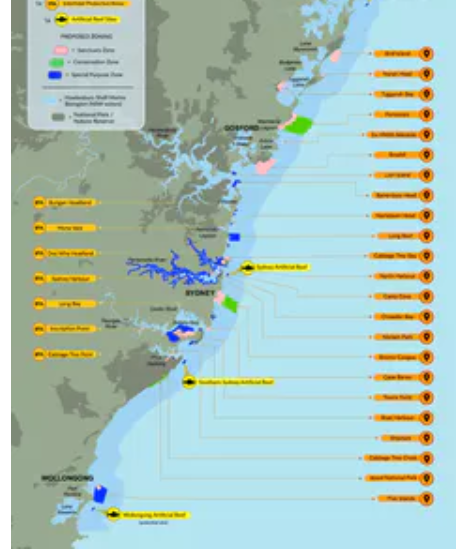
PACIFIC STANDARD: An innovative monitoring system would allow researchers, policymakers, and environmentalists to track reef damaging events across the globe in near-real time.
Coral reef conservation efforts will soon get a major boost with a global monitoring system that will detect physical changes in coral cover at high resolution on a daily basis, enabling researchers, policymakers, and environmentalists to track severe bleaching events, reef dynamiting, and coastal development in near-real time. The satellite-based system—which is the product of a partnership between Paul G. Allen Philanthropies, Planet, the Carnegie Institution of Science, the University of Queensland, and the Hawaii Institute of Marine Biology—will launch at five pilot sites this fall, before rolling out globally in 2020.
“This system could be a game-changer for coral reef conservation,” says Carnegie scientist Greg Asner. “It will be the first large-scale monitoring system that can detect where reefs are changing thereby enabling direct action to mitigate losses.”





